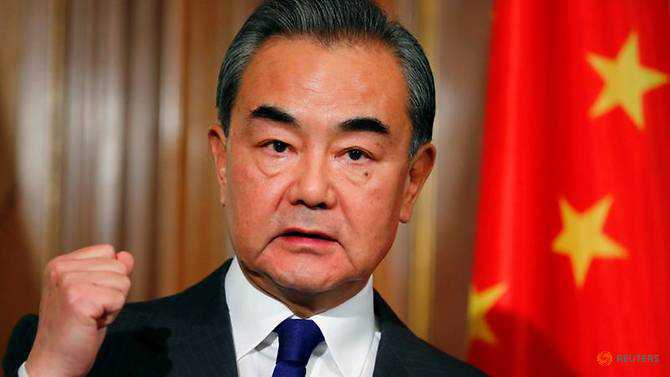China foreign minister to meet up ASEAN peers at COVID-19 summit
20 February, 2020

China's foreign minister is set to meet his Southeast Asian peers in Laos on Thursday (Feb 20) for crisis talks over the coronavirus which includes seeded panic and constricted economies reliant on the flow of goods and tourists.
Wang Yi will hold talks with counterparts from the 10 Southeast Asian (ASEAN) countries in Vientiane in a hastily convened meeting over the health scare.
China's foreign ministry has described the summit as part of a "tradition of supporting the other person through thick and thin".
A similar meeting was held in 2003 following the outbreak of SARS.
While it began with the central Chinese city of Wuhan, the brand new coronavirus - referred to as COVID-19 - has killed more than 2,000 people, the majority within China.
The federal government has locked down tens of millions of individuals in several virus-hit cities, extended Chinese New Year holidays and pulled flights in a scramble to contain the virus.
Still medical scare has cascaded across Southeast Asia, with cases recorded in the Philippines, Singapore, Thailand and Vietnam.
The Philippines, Singapore and Vietnam have restricted flights from the mainland and suspended visa-free arrivals as health screening ramps up at entry points.
Thailand, which has imposed no such restrictions, reported a 90 % slump in arrivals from the mainland this month, a gut punch to an already beleaguered tourist sector making up almost a fifth of the economy.
Thailand anticipates a lack of a lot more than US$8 billion by year's end from the tourist tail-off.
In Laos, Beijing will be wanting to "project regional solidarity using its anti-pandemic efforts" a Southeast Asian diplomat told AFP, declining to be named.
China sees ASEAN as its backyard and has ramped up economic, diplomatic and cultural influence over modern times with vast amounts of dollars of investment, tourist outflows and a bigger presence at regional summits.
There are fears prolonged disruption by the virus could slow work on the massive China-backed 'Belt and Road' schemes which criss-cross ASEAN.
Source:
